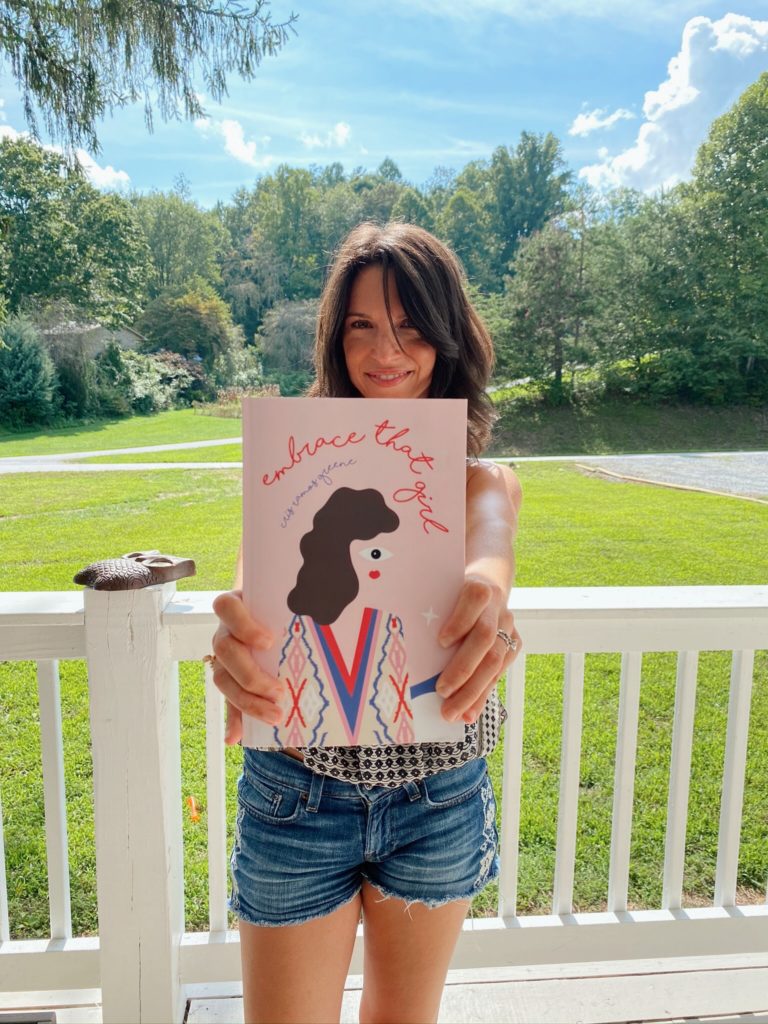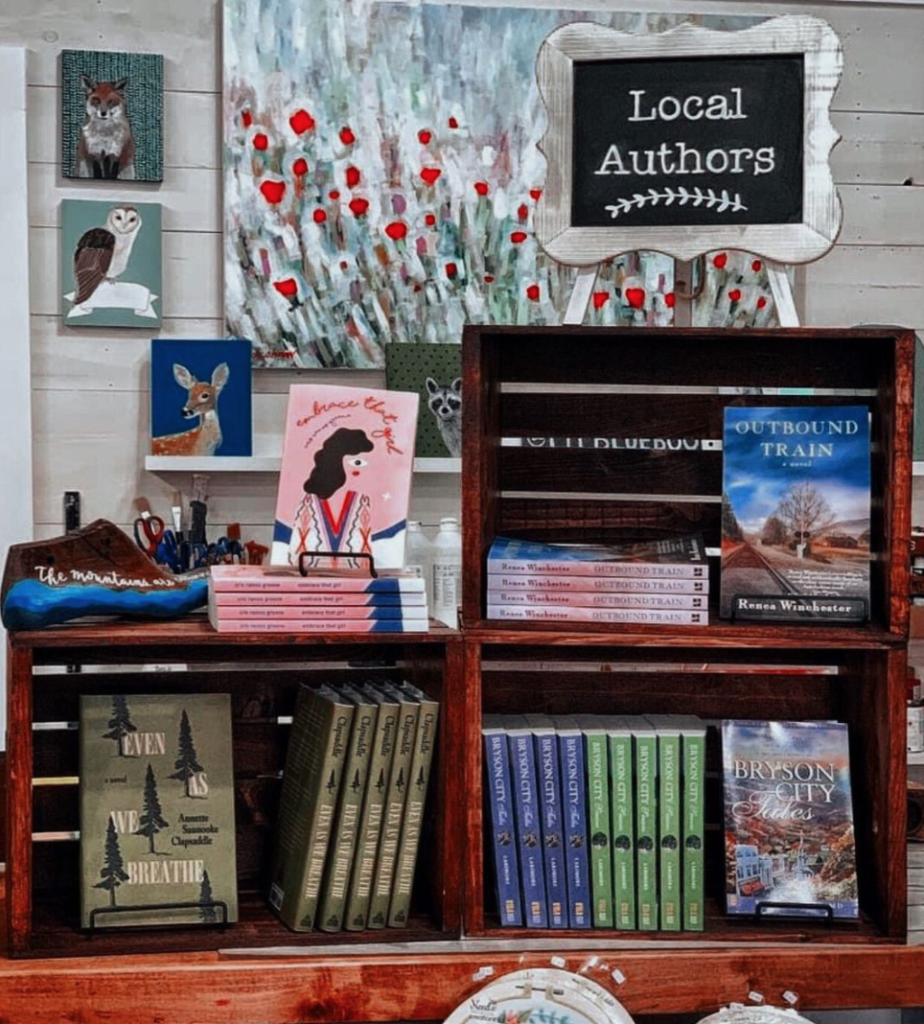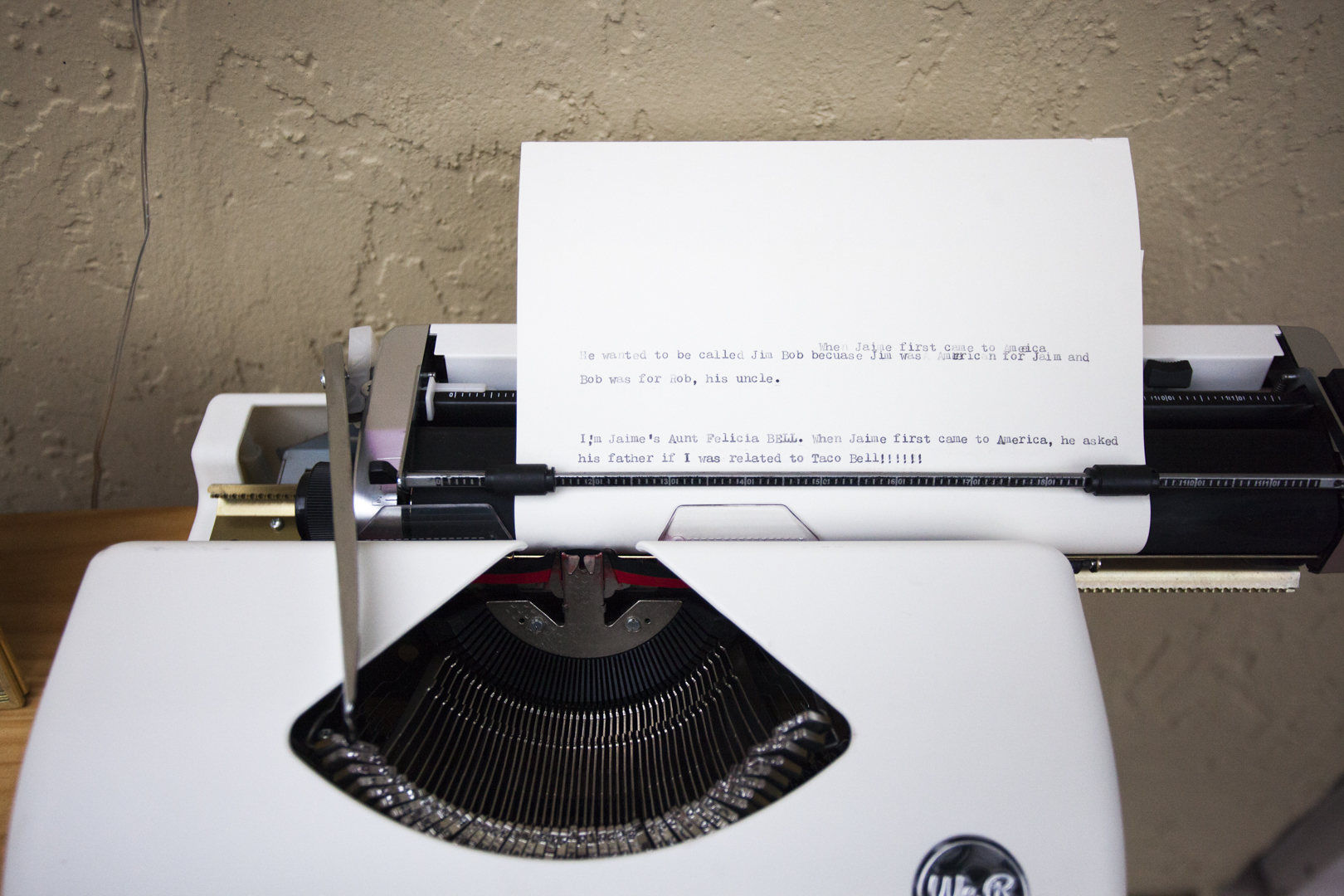Hello dear friends, today I want to talk about a topic that comes up with a lot of writers I’ve connected with. The decision of how to publish: traditional or independently.
This was a decision I went back and forth with for a long while until I finally settled on the indie author route (a name I much prefer since “self publishing” has a negative connotation from its early days).
First, I want to say that there’s no right or wrong approach. I believe your decision will depend on your book and the timing/circumstance around the time of publishing. I’d love to share more about why I made the indie author decision AND as I think of my next book, I still remain open to the traditional path if it feels right.
So let’s get into it…
Pros and Cons of Self Publishing
Creative Control
This was a part of my decision, and in general, as a first time author especially, going the independent route will mean more creative control. I’ve heard often of editors making big changes writers didn’t like once a bigger publisher is buying your work. On the flip side, this can be a comfort to writers who are very open for guidance and creative changes. It depends on where you land on that 🙂
My book, Embrace That Girl, is a very personal story. It’s my story, my love letter to my twenties, and it felt like something I did not want to compromise on.
Timing
Timing was by far the biggest factor in my decision to self publish. To be traditionally published takes time, a lot of time. There are plenty of steps and gate keepers, and usually this part dissuades writers (at the very least it can feel very discouraging along the way). When I did research, the best route to traditional publishing was twofold: write a book (or have a hefty sample and solid idea) and get an agent. However, getting the attention of an agent is tough, again, especially if you’re new to the scene and do not have an established writing background or digital presence (think social media, blog, business following). Once you have an agent, they go to bat for you with the publishing houses. This is still no guarantee, but many of the big publishers won’t even consider a book without representation. This process can take a long time. It’s not impossible, and again, if you have time and patience, this is a great option.
On the opposite end, if there’s a sense of urgency to get the work out there, indie publishing is a much faster option. It’s not instant, or at least, it shouldn’t be. The reason self publishing gets a bad reputation is how “easy” it can be to get your book printed and sold. However, I strongly suggest taking the time and due process to make your book the best it can be. The short version: you’ll get to hire many services out of your own pocket (that would normally be included with traditional publishing), like editing, book design, cover design, etc.

For me, personally, it was important to get this book out. I had written it 2 years prior to publication and was still leaning towards self publishing even then. However, I had stopped working on it for a a while and once I piked it up again, I felt the urge to share my story NOW. At the final time of publishing, it was during the worst of the pandemic mid-2020. Everything seemed uncertain. I felt strongly that it was my time to be an author. It felt empowering to take control and know I could get my work out there myself (with the help of the team I hand-selected to bring this vision to life).
A side note: There is so much that goes into editing (about 4 rewrites at least!), cover design, having someone digitally put the book together (meaning build the file that gets sent to the printer and eventually becomes your book), quality checking the print, etc….it almost seems criminal to skip over to marketing so quickly, but I do want to keep this as brief as possible! Whichever route you take, these vital steps in building your book do still take time (more than I thought).
Here’s 3 tips on how to write a book should that support you on your journey. 🙏🏻
Marketing & Getting Into Stores
Once you’ve gone through the writing process, editing, rewriting, building your book, reading it and checking it SO many times, I swear you might just hate it by then…. comes the launch. I genuinely thought most of the work was behind me when my book was ready to go to print and be sold. It was SUCH a lengthy process! And… I was wrong.
Marketing your book is a whole other animal, and one that most writers hate (because they are likely tender creative souls who prefer solitary work and dislike talking about themselves). Marketing isn’t easy. I say that as someone who spent 10 years of her career working in marketing… I still disliked doing it for myself. Plus, even for a seasoned professional, there was a learning curve. Marketing a book is different than marketing other products.

However, eventually, once I got over my stage freight and imposter syndrome, I was able to understand that talking about my book was supportive to the people who would love reading it. Not to mention, sharing my work and process has positively impacted hopeful writers looking to get their work out there as well.
In short: you will get over yourself and understand you have something valuable for the right person, and they will not find it if you don’t talk about it.
Promoting your book is not something you get to skip out on if you’re traditionally published. For me, this was another point for the indie publishing route. As you can imagine, while you get perks and guidance included with traditional publishing, you are probably not Liz Gilbert (unless you are, and if you’re reading this, I love you!). Which means publishers aren’t going to throw all their marketing money at you. So you are 100% expected to do this. Many traditionally published authors complain about this citing they thought publishers did more to help authors market their book.
For my experience with this first book, I did not want to receive less royalties and still have to do a bulk of this work myself. Because of my marketing background, I felt much more confident in hiring editors and artists to create my physical product. I’d done many versions of that and it didn’t intimidate me. However, I did want support with getting the word out, so once I found out traditional publishers don’t really do much… well, it was the last thing that made the decision easy for me: indie published author felt right for this book.
Another side note: Publishing your book does mean you own the rights vs giving that away to publishers. If this is important to you, that’s an obvious pro for self publishing. Be careful with Amazon. Do not publish directly with them (there’s hidden sneaky languaging for having a bigger stake in your book). However, if it’s all on you, getting into book stores is hard (maybe not as important these days since most of us are online shopping and indie book stores are easier to approach). But I do want to mention that. I also want to mention that, while I do have my book rights and earn more per book sold, there’s still fees for printing minus your personal investment to get it out, so if going the traditional route sold more copies, you could potentially make more money even though you earn less per book (if that makes sense?!).
The bottom line on publishing your book
It’s a personal decision and there are pros and cons for both. And you can try both! Why not? Get creative. My advice is to do what feels right and each book will be different. Embrace That Girl, my story, felt like something I wanted to literally bring into the world myself. I may feel differently, and remain open, to trying a traditionally published route for my next book.
Do what feels right for you. Don’t be afraid to test things out or change your mind. And don’t feel married to any which way. The publishing world has been dramatically changing and by the time you read this, who knows what other options may be available. As long as you get your book out there, the rest is simply mechanics.
Have any questions or want to share your experience with self publishing or traditional publishing? Leave a comment!
Was this article supportive? You make like these…
ADVICE FOR INDEPENDENT ARTISTS, WRITERS, FREELANCERS AND BUSINESS OWNERS
